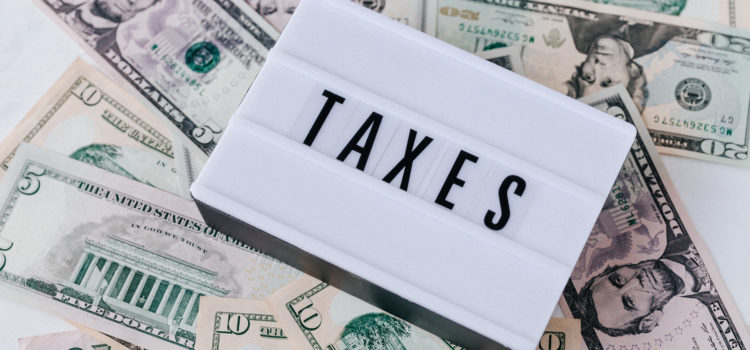
This is a free excerpt from one of Shortform’s Articles. We give you all the important information you need to know about current events and more.
Don't miss out on the whole story. Sign up for a free trial here .
Is the IRS $80 billion funding plan a good or bad idea? Who will the overhaul help or hurt?
In a bid to revitalize its operations and tackle long-standing challenges, the Internal Revenue Service (IRS) recently announced a bold $80 billion, 10-year strategic plan for an extensive overhaul. The plan aims to address issues stemming from years of underfunding, staff shortages, and outdated technology.
Read on to learn experts’ varied viewpoints on the pros and cons of the IRS $80 billion overhaul.
Analyzing the IRS’s $80 Billion Overhaul
In early April, the Internal Revenue Service (IRS) announced an $80 billion, 10-year strategic plan to overhaul its operations, with funding courtesy of the 2022 Inflation and Reduction Act. The shoring up comes just in time for an agency in a years-long downward spiral, gutted by budget cuts and the departure of tens of thousands of employees. Central to the IRS $80 billion plan are two key goals:
- Provide “world-class” customer service to taxpayers.
- Prevent the nation’s richest investors and corporations from continuing to avoid tax payments.
What will the IRS $80 billion overhaul look like in practice? Who will it help—or hurt? We’ll examine experts’ varied views on these questions.
Background
Experts say that years of underfunding, staff departures, and prehistoric technology have made it difficult for the IRS to operate at even a baseline level. Agency strain has long been evident in tax filing backlogs, refund delays, extended customer service wait times, and plummeting audit rates—which reflect disparate treatment of America’s rich and poor.
In recent years, the IRS has lacked capacity to audit the country’s wealthiest corporations and taxpayers, whose complex investments and armies of accountants and lawyers enable them to avoid reporting income.
At the same time, the agency has been more than five times as likely to audit households making less than $25,000 than it has other taxpayers—in part because it increased audits conducted by letter or phone, rather than in-person.
View 1: The IRS Overhaul Is Good
The Biden administration says the IRS $80 billion overhaul will:
- Make the tax system more accessible and fairer for all Americans.
- Enable the federal government to triage $7 trillion in uncollected tax revenue to address climate change, lower drug prescription costs, and reduce the country’s $30 trillion debt.
The IRS says the $80 billion infusion will allow it to provide “world-class” service to taxpayers by:
- Replacing antiquated technology.
- Improving taxpayers’ ability to access their financial information and communicate with customer service representatives.
- Allowing taxpayers to submit returns electronically and fix errors on returns being filed.
In addition, the agency says the funding will enable it to bolster enforcement resources to identify high-wealth individuals and corporations failing to pay owed taxes, which it will do by:
- Hiring 7,000 enforcement workers in the next two years, including accountants, attorneys, and data scientists.
- Increasing use of data analytics and machine-learning technology.
- Raising audit rates on the ultra-rich to 2011 levels—before Republicans slashed the agency’s budget five years in a row.
View 2: The IRS Overhaul Is Bad
Republicans have long said the IRS has unfairly targeted them, and they’ve sought to cut funding to, or abolish, the agency—including in a January House of Representatives vote.
- Republicans’ ire at the IRS amped up in 2010, when the Obama administration and Democrats used the agency to enforce the Affordable Care Act mandate that all Americans buy health insurance.
- Further fueling their anger: The agency’s heightened scrutiny of the Tea Party and other conservative groups, which they said revealed political bias. A 2014 House Republican investigation called the claim unfounded, but the IRS later apologized for its actions.
More recently, Republicans asserted without evidence that Democrats are using the $80 billion overhaul to “weaponize” the IRS—targeting taxpayer dollars to hire thousands of armed agents to audit middle-class Americans and small businesses.
The IRS responded that 3% of its staff (2,077 agents) work in criminal investigations—a division that uses arms for tax evasion situations with cartel owners and organized crime—and that these numbers will stay at this rate.

Want to fast-track your learning? With Shortform, you’ll gain insights you won't find anywhere else .
Here's what you’ll get when you sign up for Shortform :
- Complicated ideas explained in simple and concise ways
- Smart analysis that connects what you’re reading to other key concepts
- Writing with zero fluff because we know how important your time is






